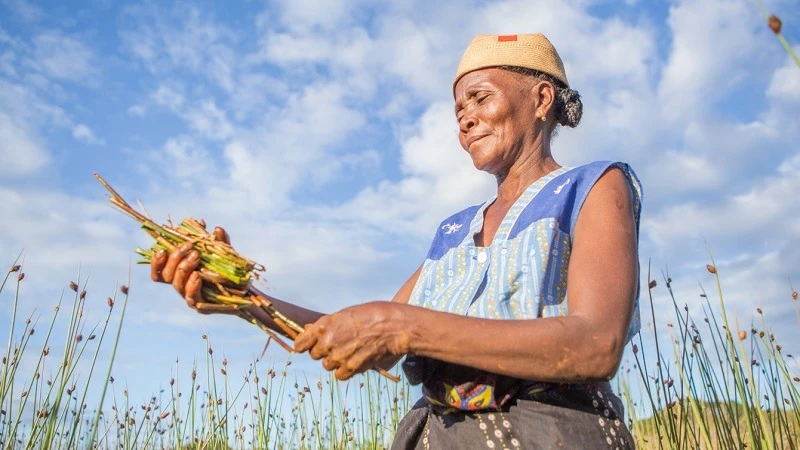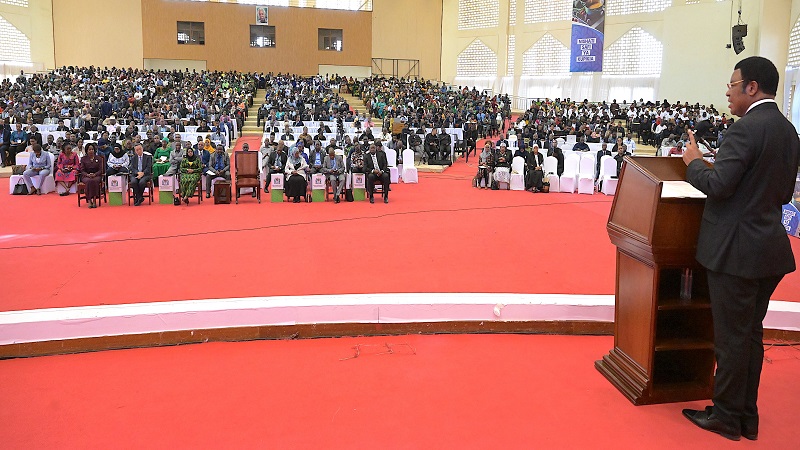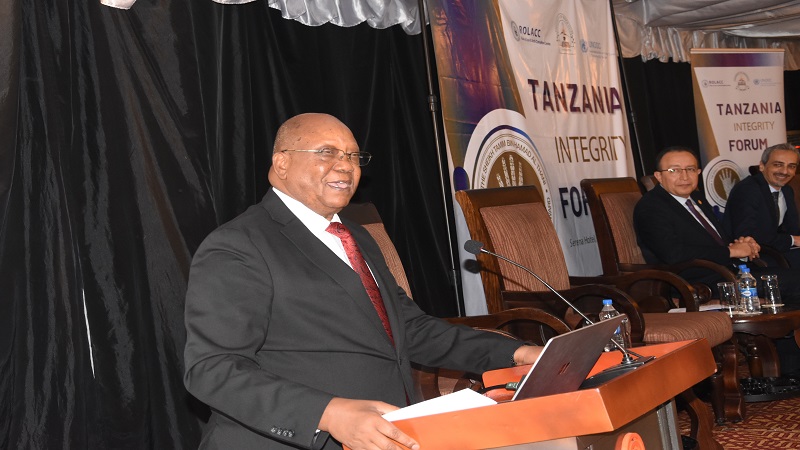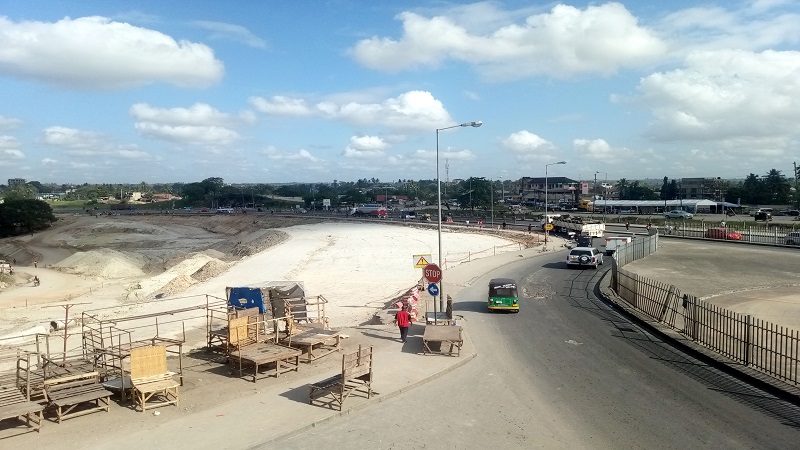Taifa Gas Empowers Young Entrepreneurs in Morogoro with Clean Energy Access
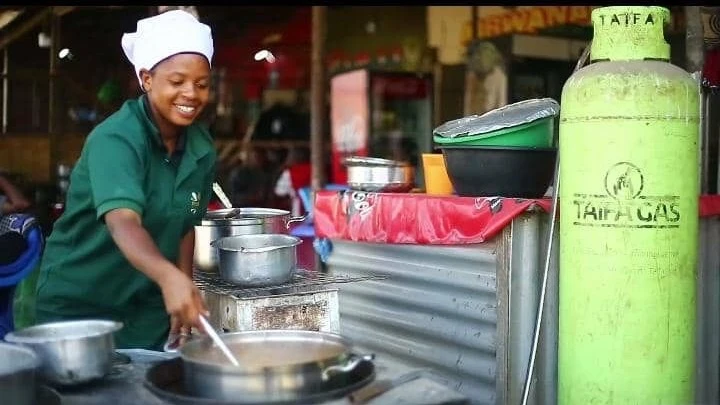
Taifa Gas Company has announced its initiative to support young entrepreneurs in Morogoro by facilitating easy access to clean and safe energy. The move aligns with the ongoing efforts of the President of the United Republic of Tanzania, Dr. Samia Suluhu Hassan, to ensure the widespread availability of clean energy in the country.
Approximately 50 young people in the region have been empowered by Taifa Gas through the provision of gas stoves, cylinders, and fuel. This initiative is intended to enable the young entrepreneurs to adopt clean energy solutions in their business operations, contributing to a more sustainable and environmentally-friendly future.
"This is part of Taifa Gas' broader effort to reduce the reliance on traditional cooking fuels such as charcoal and firewood, which are harmful to both health and the environment. By facilitating the transition to LPG, Taifa Gas aims to set a precedent for how young people can actively engage in sustainable practices while running their businesses," explained Angellah Bhoke, Taifa Gas Corporate Affairs Manager.
Strategically located along the bustling Morogoro-Dodoma highway and targeting travelers along the route as well as the nearby Muslim University students, these young food vendors received complete 38kg LPG sets and stoves in July 2023, under a flexible payment plan from Taifa Gas. One year on, the beneficiaries are completing their payments with a changed mindset on the use of clean energy.
"I don't think there is anyone of us who will want to return to the use of firewood or charcoal because this has been a real transformation. For me, it's been one year of great changes. I used to use between 70,000 and 75,000 shillings to purchase charcoal, but this is no longer the case because currently, almost 90% of my cooking is done by gas," said 31-year-old Issa Sudi, one of the young beneficiaries at the Msamvu market in Morogoro.
Issa, who has been a food vendor at the Msamvu market for close to 9 years, acknowledges that the recent drive to have food vendors use clean energy is a step in the right direction. He is joined by other young leaders in this movement, including Neema Mnokela, Shadrack Michael, Mawazo Cosmas, and Sharia Mpishi, who have quickly become role models in their community, showcasing how youths can lead the way in adopting clean energy solutions.
"The use of LPG has enabled me to prepare meals more efficiently, significantly reducing cooking times and operational costs. Moreover, this shift has helped me lower my exposure as well as my staff to harmful smoke and fumes associated with fuels, contributing to better health for us," says Neema Mnokela.
Taifa Gas has been supporting the clean cooking agenda since it was launched by the President of the United Republic of Tanzania, Dr. Samia Suluhu Hassan, in 2022. According to the company, an estimated 2 billion shillings has been spent under its Corporate Social Investment, supporting the sustainability of the campaign.
Other initiatives deployed by the company to ensure that LPG is accessible to all include spreading its network of depots across the country in every region and maintaining a robust transport system to ensure that LPG reaches all corners of the nation.
“Through this innovative credit program, Taifa Gas is not only empowering Morogoro's youth but also setting an example for how businesses can contribute to sustainable development and environmental conservation, while simultaneously improving the livelihoods of local communities.’’ She added.
Top Headlines
© 2024 IPPMEDIA.COM. ALL RIGHTS RESERVED











